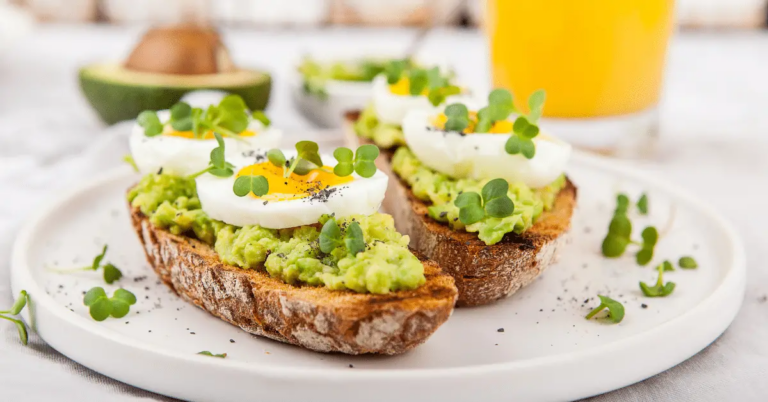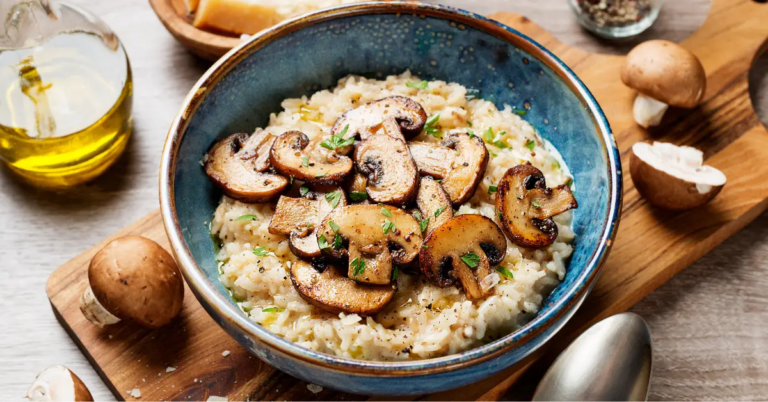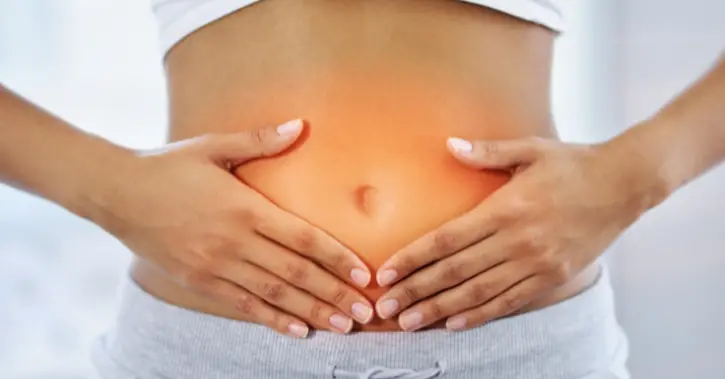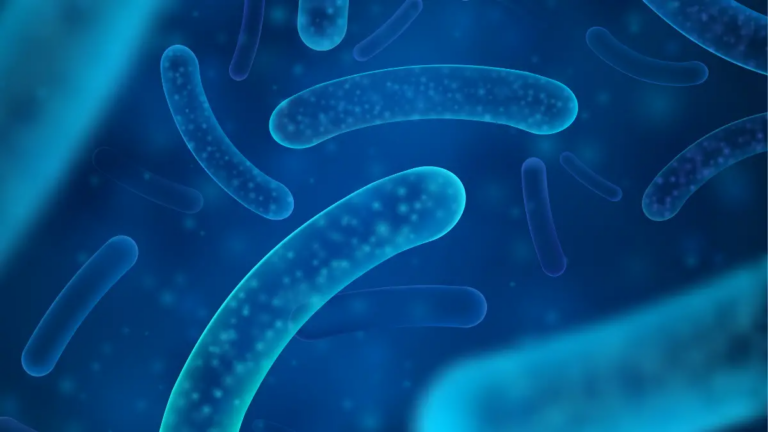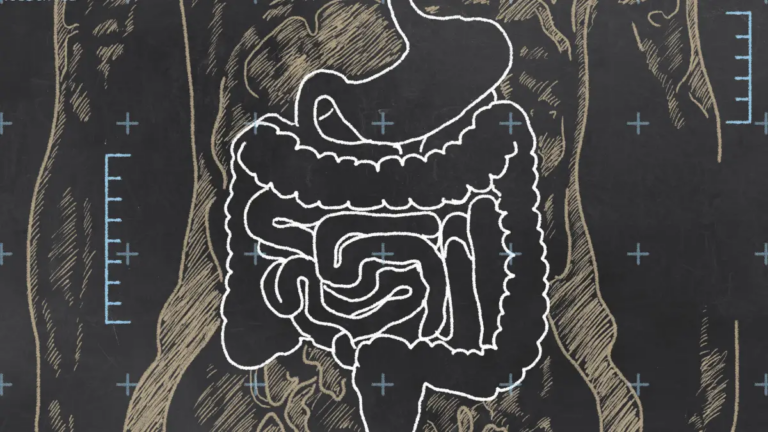10 things a nutritionist eats to balance their hormones
What you eat affects your hormones and moods. Hormones are important in controlling all our body’s activities, including growth, metabolism, stress regulation, sleep cycles, digestion, and reproduction. (2) The Relationship of Diet and Hormones Inside our bodies are trillions of microorganisms (also called microbiota or microbes) of thousands species. These include not only bacteria but…



